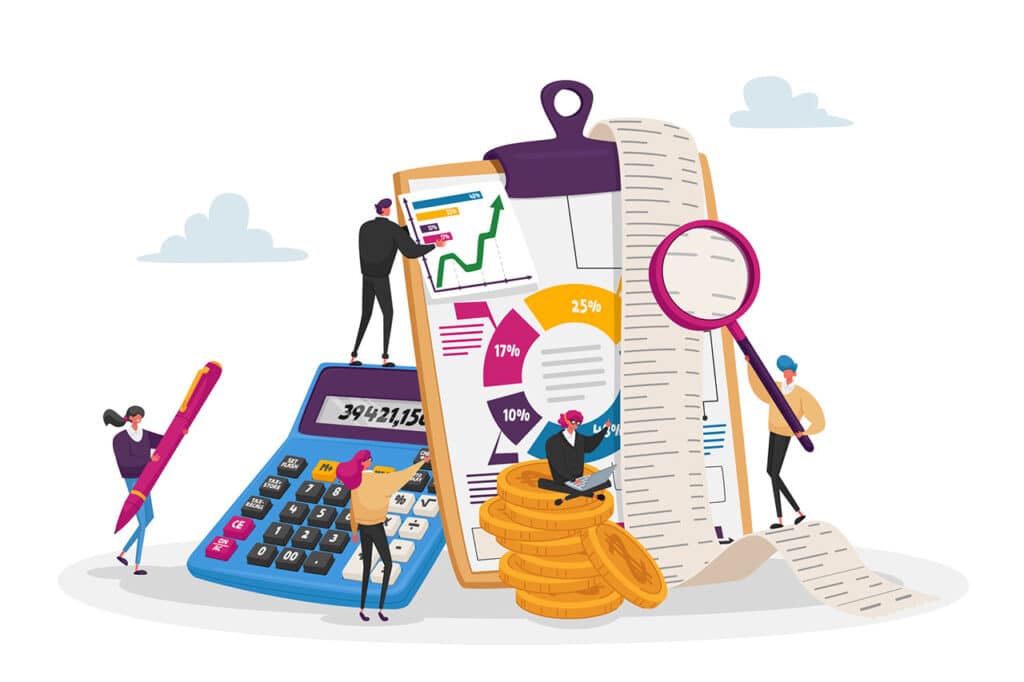Mortgage overpayment calculator
A mortgage is a great way to buy commercial or residential property, but with interest accruing over the life of the loan you could end up paying back two or three times what you borrowed. However, making a mortgage overpayment every month or as an irregular lump sum can significantly reduce the amount of interest you pay and shorten the term of the loan. Use our simple mortgage overpayment calculator to find out how much you could save.
Page written by Chris Godfrey. Last reviewed on May 15, 2025. Next review due April 6, 2027.

Chris Godfrey
Expert financial copywriter
Chris is a freelance copywriter and content creator. He has been active in the marketing, advertising, and publishing industries for more than twenty-five years. Writing for Barclays Bank, Metro Bank, Wells Fargo, ABN Amro, Quidco, Legal and General, Inshur Zego, AIG, Met Life, State Farm, Direct Line, insurers and pension funds, his words have appeared online and in print to inform, entertain and explain the complex world of consumer and business finance and insurance.
Read this article to me


































 yet? Register here!
yet? Register here!